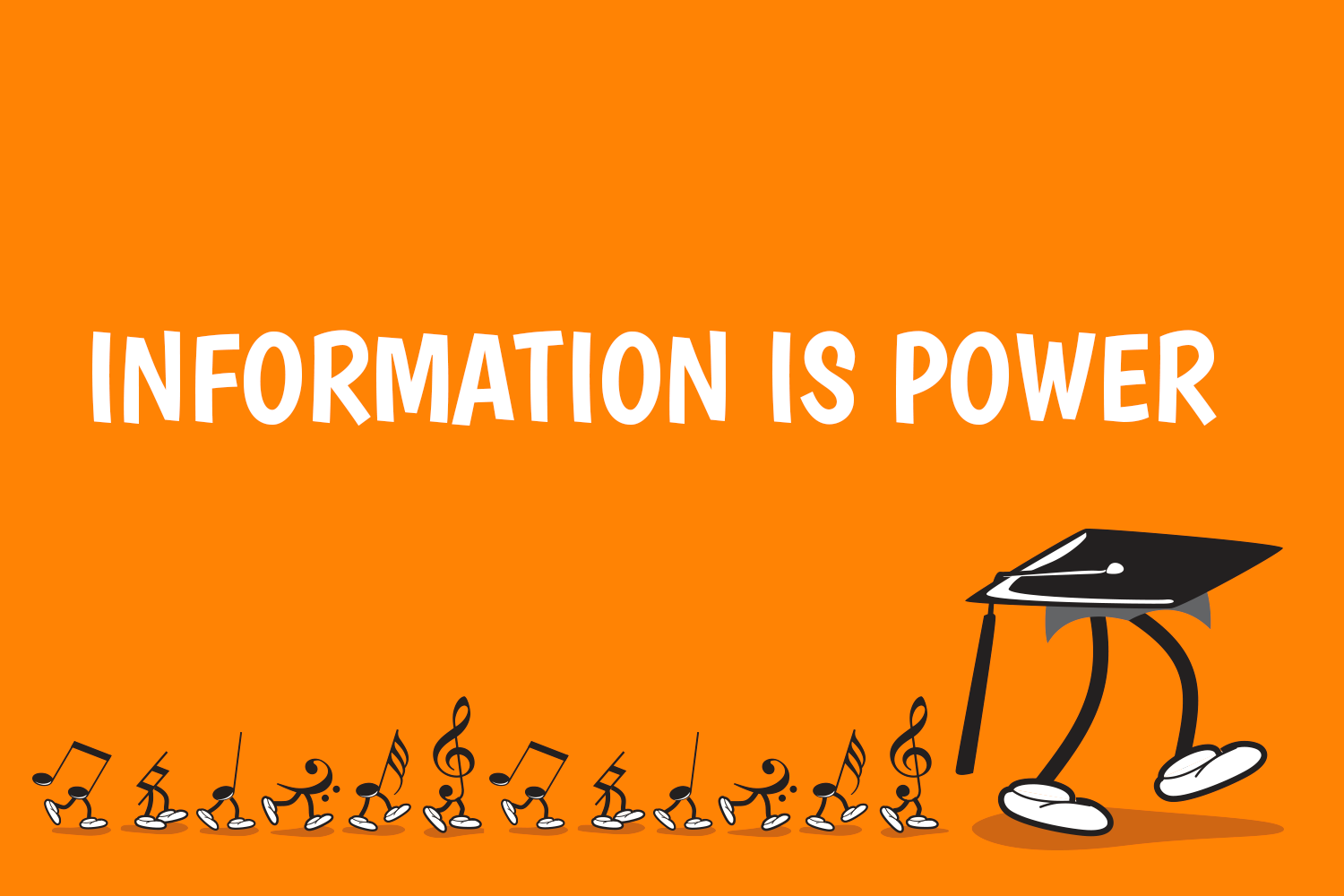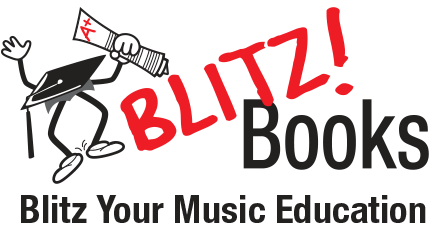Information is Power

Last Friday I had the immense pleasure of hosting the Winter Piano Seminar (WPS) at the Wesley Conference Centre in Sydney’s CBD.
The success of the Summer Piano Seminar (SPS) in January prompted me to organise another conference which would cater to teachers’ needs. My aim was to create a programme that was stimulating and informative, while addressing all the feedback (both positive and negative) we received at SPS.
This was easy to do, because at SPS we handed out extremely detailed evaluation forms for teachers to fill in. It asked for a rating on a scale of 5 (being extremely informative) down to 1 (not at all informative) for each session, and encouraged teachers to write detailed comments. There were also questions on general satisfaction of the day, e.g. whether teachers liked the facility and felt the day represented good value for money.
But although it’s one thing to ask for feedback, it’s quite another to actually get it: and this was achieved magnificently by the fabulous emcee Andrew Coates, who offered prizes throughout the day for those who had written the most on their eval forms, and a major prize draw at the end of the day in which the eval form was the ticket!
Thus I had much information to go on when planning WPS. I was able to look at which sessions were the most popular on the day, whether the topic was covered thoroughly enough for those attending, and which sessions teachers wanted more of in future seminars. I could assess whether everyone was happy enough with the venue, whether they liked the food, whether they were happy with the general administration, etc etc. The result was that WPS was an even bigger success than SPS.
Information is so important to gather, no matter what we are trying to do. It empowers us to make informed decisions and sometimes pursue our goals from a different perspective than we otherwise would have. For example, one of the most popular sessions of the day at WPS was the ‘ask the examiners’ panel discussion. Here was an opportunity for teachers to access information about the examining and administrative process behind AMEB exams. Many teachers said that they found this session invaluable, and that it changed the way they perceived the AMEB. The information they received will help them reshape the way they approach piano exams with their students.
Another aspect of piano exams that came up at WPS was the fact that some students do not want to do an exam at all… the parent does. But before we blame the parents for this undue pressure, in many cases the parent is only insisting on exams because of the general expectation in our society that children will do music exams. It is only by sitting down with students and parents and actually asking who wants to do an exam and why that we can truly ascertain whether it is something worthwhile to pursue. As teachers it is our job to gather information about our students’ expectations, and their parents’ expectations… and then we can use that information to our advantage.
This is true of every aspect of music teaching. We see our students for (on average) 30 minutes each week. We expect that they will practise regularly at home. (How long? How frequently? That’s a whole other blog, but I usually tell my students that they need to be practising at least 4 times per week, because then they are practising more days of the week than they are not practising!) But what are they actually doing at home, and what are their commitments to other activities?
We should be finding out as much information about our students’ lives as we can, and then we can set realistic goals. For example, if little Sally has gym on Mondays, swimming on Tuesdays, maths coaching on Wednesdays, netball on Thursdays and ballet on Fridays, when exactly is she going to be able to practise piano? Sally might think that one big practise before the Saturday piano lesson will do the trick. It won’t, of course… and this is where as teachers we must also empower our students and their parents with such information as how to practise and what the expectations are from you, the teacher. If the child is so completely overscheduled that no practise can take place, this is something that needs to be dealt with before we embark on months of frustrating lessons!
We should also find out where the piano is located in the house. I once had a student who just would not practise enough, no matter how many incentive schemes I tried. I eventually found out that the piano (which was a digital keyboard) was in her bedroom, and that her bedroom was also the place she was sent to when she was in trouble. Hence, being shut in her room to practise the piano was not a very positive activity!
Unlike soccer practise and netball practise, where a whole team practises together, piano is a very solitary activity. This may suit some, but most children find practising on their own quite tough going. A child is much more likely to gravitate towards the piano if it is somewhere in the house where other people are. If you, the teacher, are aware that the parents have the piano tucked away somewhere where no-one is bothered by the ‘noise’, this will help you understand the general routine at home and will enable you to create a tailored and realistic practise strategy for the student.
Gathering information is a crucial part of education, whether it’s a young piano student or an auditorium full of teachers. We then need to assess and address that information and use it to our advantage. This ‘advantage’ is simply that we can give back in the best and most efficient way possible… and that is a powerful teaching technique.
